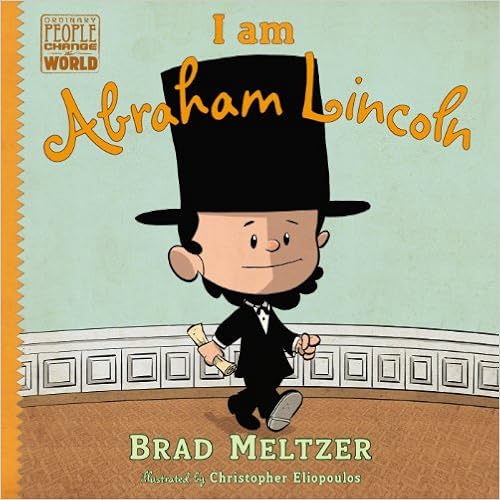“Four score and seven years ago our fathers brought forth on this continent a new nation, conceived in Liberty, and dedicated to the proposition that all men are created equal.
Now we are engaged in a great civil war, testing whether that nation, or any nation, so conceived and so dedicated, can long endure. We are met on a great battle-field of that war. We have come to dedicate a portion of that field, as a final resting place for those who here gave their lives that that nation might live. It is altogether fitting and proper that we should do this.
But, in a larger sense, we can not dedicate…we can not consecrate…we can not hallow this ground. The brave men, living and dead, who struggled here, have consecrated it, far above our poor power to add or detract. The world will little note, nor long remember what we say here, but it can never forget what they did here. It is for us the living, rather, to be dedicated here to the unfinished work which they who fought here have thus far so nobly advanced. It is rather for us to be here dedicated to the great task remaining before us—that from these honored dead we take increased devotion to that cause for which they gave the last full measure of devotion—that we here highly resolve that these dead shall not have died in vain—that this nation, under God, shall have a new birth of freedom—and that government: of the people, by the people, for the people, shall not perish from the earth.”
Abraham Lincoln 19th November 1863
Context of Gettysburg Address
The Battle of Gettysburg took place in 1863, two years after the start of the American Civil War. In 1861, southern states had seceded from the Union to defend their right to practise slavery. At the start of the Civil War, Lincoln had emphasised the Civil War was to maintain the Union rather than abolish slavery. However, as the war progressed, he became more confident to make the Civil War about ending slavery. Earlier in 1863, Lincoln issued the Emancipation Proclamation, freeing slaves in the Confederate States. The Gettysburg Address emphasises the moral justification for ending slavery using the phrase from the Declaration of Independence ‘All men created equal’
By dedicating this battle to the dead, Lincoln also looks to the future for the re-birth of a new nation – based on liberty for all.
Facts about Gettysburg Address
The main speaker at Gettysburg was Senator Edward Everett who gave the main address, speaking for two hours and 13,607-words.
Everett wrote Lincoln the next day, generously writing. “Permit me also to express my great admiration of the thoughts expressed by you, with such eloquent simplicity & appropriateness, at the consecration of the cemetery. I should be glad, if I could flatter myself that I came as near to the central idea of the occasion, in two hours, as you did in two minutes.”
According to the New York Times published the next day, his speech was interrupted five times by applause and greeted with “long continued applause” at its conclusion.
Benjamin French wrote about the reception of Lincoln’s address; “Anyone who saw & heard as I did, the hurricane of applause that met his every movement at Gettysburg would know that he lived in every heart. It was no cold, faint, shadow of a kind reception — it was a tumultuous outpouring of exultation, from true and loving hearts, at the sight of a man whom everyone knew to be honest and true and sincere in every act of his life, and every pulsation of his heart. It was the spontaneous outburst of heartfelt confidence in their own President.”
Lincoln – David Herbert Donald at Amazon
A. Lincoln – a Biography
I am Abraham Lincoln by Brad Meltzer at Amazon
Related
Related





